Patient empowerment for major surgery preparation at home
Preparation and follow-up are key to successful surgery. PAPRIKA provides a solution that prepares patients for surgery, thereby improving the results.
PAPRIKA establishes a technologically enabled and personalised programme to prepare patients for elective surgery and provide follow-up, as a way to improve the outcomes of the operation. The programme develops close collaboration with the medical environment that empowers patients to co-create their own care.
Origins
Better conditioning before surgery has been shown to reduce perioperative complications and to improve patients’ health and quality of life, while cutting costs. PAPRIKA has been designed to implement prehabilitation programs that address the need for better preparation for surgery based on CONNECARE and NEXTCARE – two previous projects that involved the core of the PAPRIKA consortium – as well as the internal strategy of Hospital Clínic de Barcelona.
Team
- Blanca Jordán (ATOS) engineer, social and psychological background.
- Josep Roca (UB) Prof. of Medicine, designs ICT-supported services for chronic patients.
- Pierre Albaladejo, (UGA) Professor, Head of Cardiovascular and Thoracic Anesthesia and Critical Care
- Department, General Secretary of the French Society of Anesthesia.
- Felip Miralles (Eurecat) PhD, Director, eHealth R&D at EURECAT.
- Dr. Helmi Ben Hmida (FHG) senior researcher, project leader.
- Pauline Schumacher (UHC) PhD, molecular biology at Ecole Normale Supérieure.
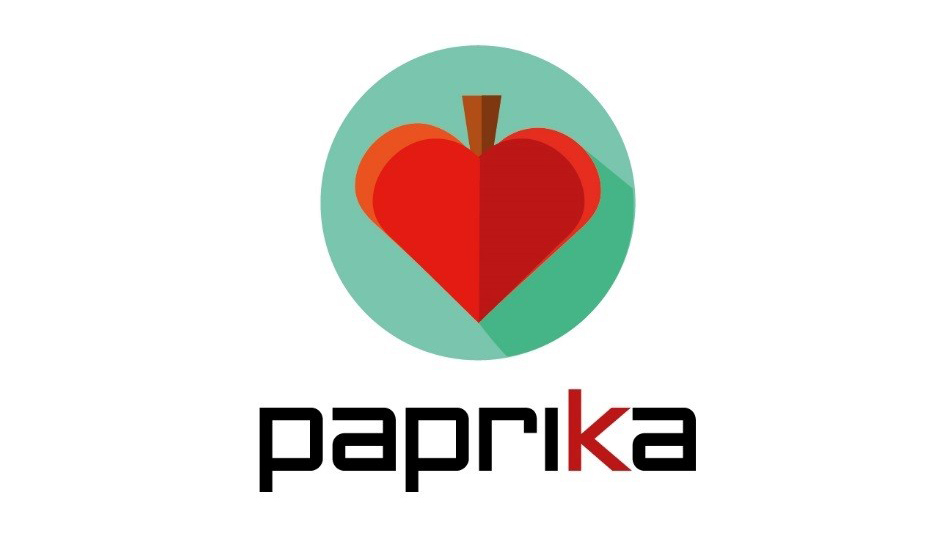
The project
PAPRIKA’s overall aim is to improve the quality of life of patients undergoing major surgery in Europe with better preparation that helps to reduce postoperative complications and improve recovery.
The project integrates short-term preoperative interventions, averaging about four weeks and including endurance training, promotion of physical activity and nutritional and psychological support. Interventions are planned both in the community and at the hospital, reducing unnecessary interactions between patients and tertiary care. The project also incorporates two digital solutions:
- an adaptive case management platform for professionals, integrated with the electronic health record (EHR);
- a self-management app for patients, integrated with the regional health folder.
PAPRIKA will roll out its services fully in Spain, France and Poland. The maturity of the programme introduction and development, and the healthcare systems behind it, are different in the three sites. This heterogeneity (common in the real world) will be managed by the flexibility of the tools and the expertise of partners.
Impact
Based on a projected 10% reduction in hospitalisation days, PAPRIKA will improve the quality of life of patients who will not need to go so frequently to the hospital and will not need to stay longer than strictly needed. Families will benefit from the reduced financial and psychological burden. Society will benefit from reduced sick leave and loss of production. And hospitals and payers will benefit from direct costs savings.
Why this is an EIT Health project
PAPRIKA is aligned with several EIT Health objectives, especially the overall mission of giving people a better quality of life while ensuring the health and care system’s sustainability. PAPRIKA addresses the EIT Health Focus Area of “Bringing Care Home” because it allows people to prepare for surgery at home, reducing hospitalisation time and costs associated to surgical interventions.
Members
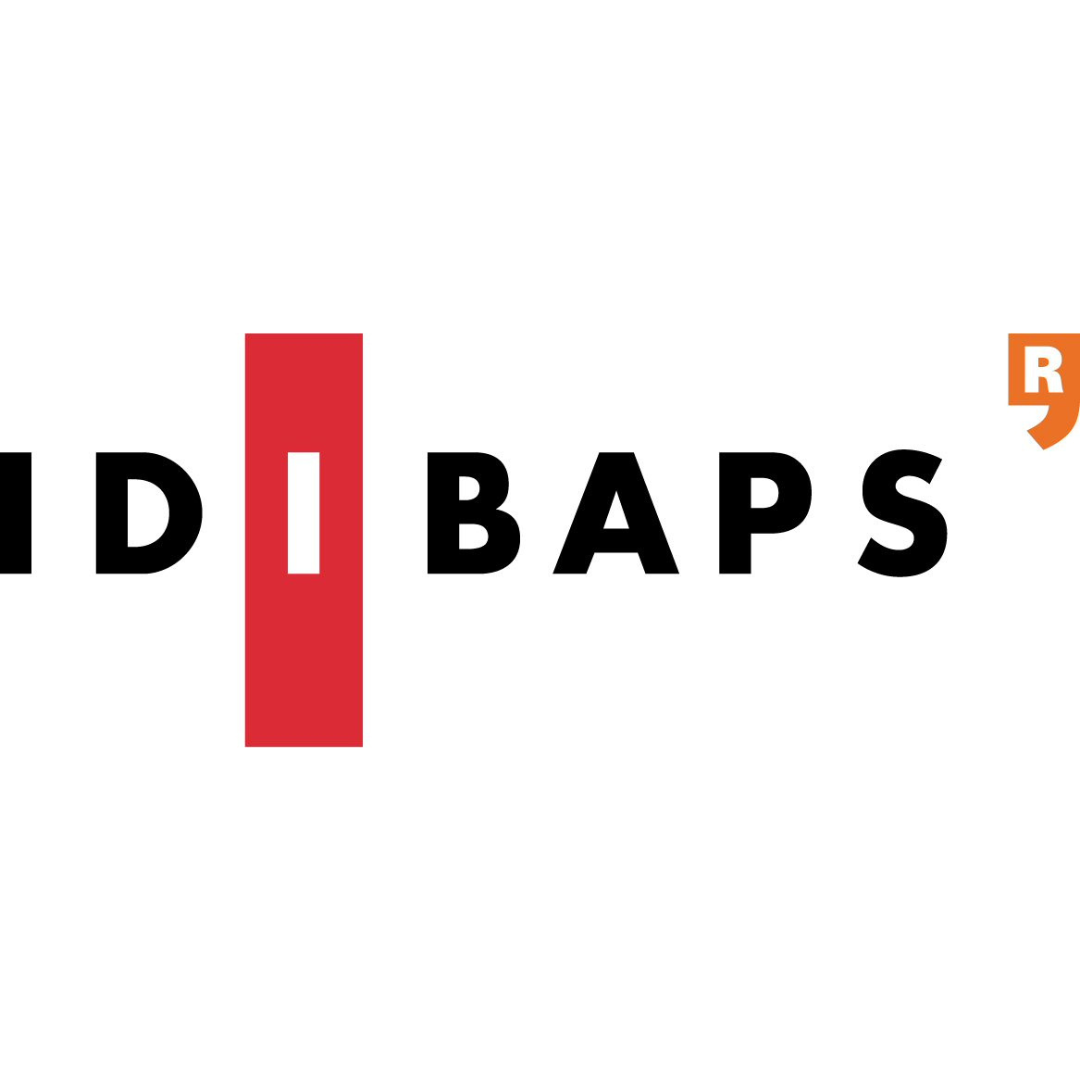
CLC/InnoStars: Spain
Partner classification: Research
Partner type: Linked/Affiliated Party
The Fundació de Recerca Clínic Barcelona-Institut d’Investigacions Biomèdiques August Pi i Sunyer (IDIBAPS) is a public research centre dedicated to biomedical research, founded in 1996 to broaden the clinical research of the Hospital Clinic de Barcelona (HCB). With >1,500 original articles and >2,500 publications annually, IDIBAPS is one of the leading biomedical research centres in Spain driving forward original multidisciplinary biomedical research on multiple diseases affecting our society, with the mission to translate “knowledge into cure”. The broad vision of IDIBAPS Strategic Plan is to improve the health and quality of life of citizens through high impact research and collaborations, at the highest level of scientific integrity, public accountability, and social responsibility. The close interaction of 100 clinical and laboratory research groups, composed by more than 460 Principal Investigators, drives forward original translational and multidisciplinary research oriented to solve relevant biological and clinical questions for human health. The researchers have access to novel and first-class infrastructures available together with six own core facilities offering a wide range of services under strict quality management controls performed at all levels. The institution has also a strong track record working in European projects (e.g. 90 projects obtained along H2020 and 36 in Horizon Europe) and has a dedicated European Projects Office (OPE) and the Knowledge and Technology Transfer Office (KTT).
Fundació de Recerca Clínic Barcelona-Institut d’Investigacions Biomèdiques August Pi i Sunyer (IDIBAPS)
Carrer del Rosselló, 149, 08036 Barcelona, Spain
Key Activities in Research and Developement
1600 researchers in 100 research groups
Key Activities in Corporate Innovation
Key Innovation capacities
-Strong expertise in EIT Health projects (involved in +30 projects from all pillars since 2016)
-Internationally recognized KOLs in different fields (+100 management positions in international scientific and clinical societies)
-High volume of Clinical Trials (+200 new clinical trials performed every year) with a dedicated Clinical Trial Unit, offering an integral support
-Technology transfer (12 active spin-off; +70 active patent families)
Key Activities in Business Creation
Testing & Validation
Key Activities in Education
Medical faculties, Healthcare professional education/training

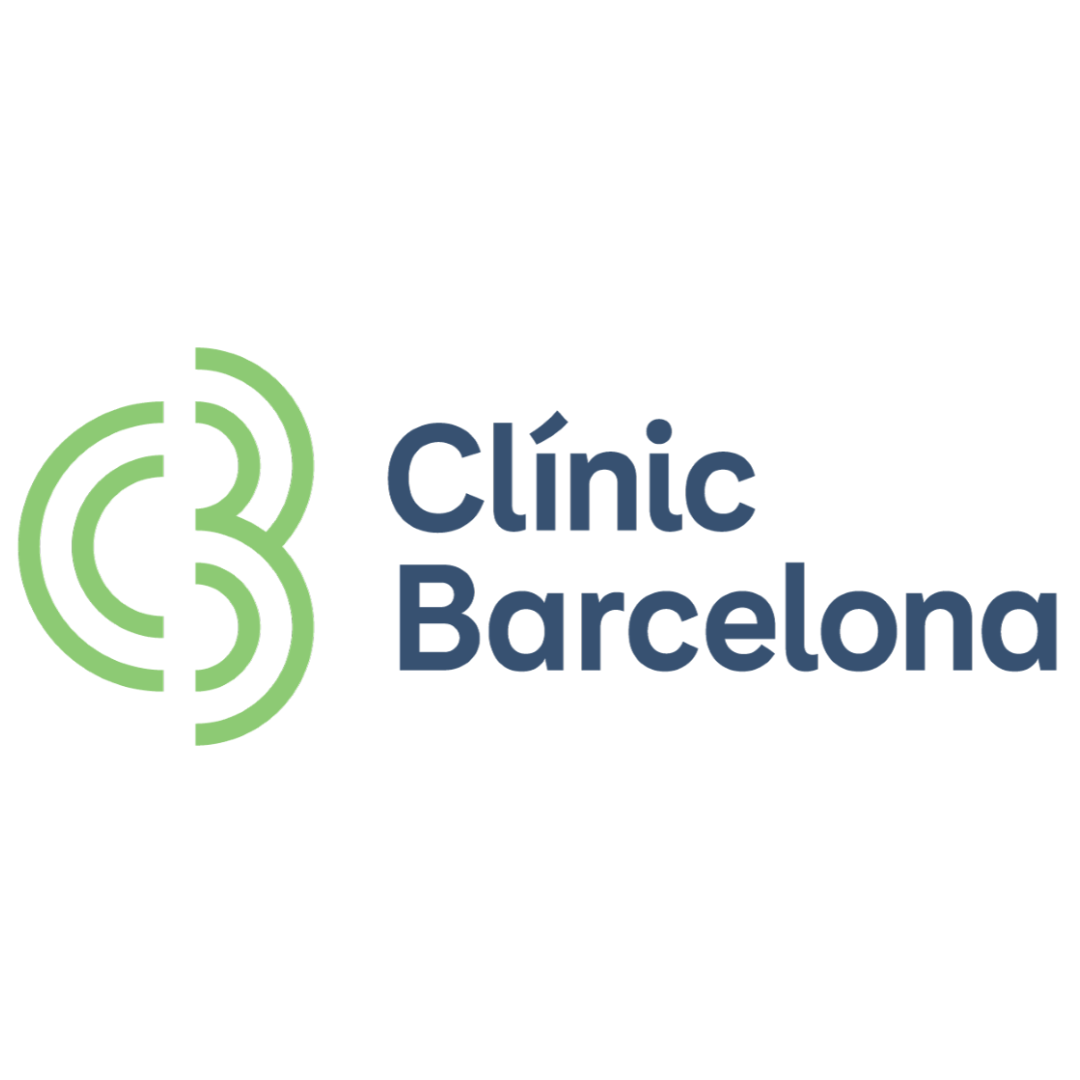
CLC/InnoStars: Spain
Partner classification: Research, Hospital / University Hospital
Hospital Clinic of Barcelona (HCB), founded in 1906, is a university hospital with 4,500 professionals covering most of medical and surgical specialties. It belongs to the Catalan Public Hospital Network and it is both a high-complexity tertiary hospital and a community hospital providing services to more than half million citizens. HCB is placed in Spain in a top position in the areas of research and innovation (e.g. top participant in Societal Challenge 1-Health in H2020).
Hospital Clínic de Barcelona
Carrer de Villarroel, 170, 08036 Barcelona, Spain
Key Activities in Corporate Innovation
Key Innovation capacities
-Strong expertise in EIT Health projects (involved in +30 projects from all pillars since 2016)
-Internationally recognized KOLs in different fields (+100 management positions in international scientific and clinical societies)
-High volume of Clinical Trials (+200 new clinical trials performed every year) with a dedicated Clinical Trial Unit, offering an integral support
-Technology transfer (12 active spin-off; +70 active patent families)
Key Activities in Social Innovation
Healthcare provision
Key Activities in Business Creation
Testing & Validation
Key Activities in Education
-Professionals (AulaClinic) (+500 actions and +7500 participants in 2021) http://www.aulaclinic.com/
-Patients (Patient Experience Forum - Living Lab) (20 focal groups and 75 participants in 2021) https://www.clinicbarcelona.org/uploads/media/default/0002/77/9d52d7598494a2a45a34f19a56a6c4af1af6a0ae.pdf
-Citizens (PortalCLÍNIC) (+5 million visits in 2021) https://www.clinicbarcelona.org/en/portalclinic


CLC/InnoStars: Spain
Partner classification: Research
Partner type: Network Partner
LEITAT is a Spanish Technological Center specialized in production technologies, developing R&D activities in the areas of biomedicine, biotechnologies, environment, surface treatments, material science, engineering, nanotechnology and renewable energies with deep knowledge and experience in tech-transfer to several industrial sectors. Areas of specialization: Oncology, nanotechnology, medtech, preclinical models, toxicology, microbioma, Additive Manufacturing, Healthcare Living Lab.

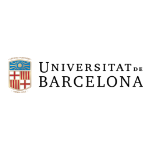
CLC/InnoStars: Spain
Partner classification: Academic, Education, Research
The University of Barcelona is the most intensive university in research in Spain. Our university has a great capacity for innovation in various fields, of which the health sector stands out both due to the amount and the quality of the outcomes produced by faculties such as the Faculty of Medicine and Health Sciences, the Faculty of Pharmacy and Nutrition or the Faculty of Psychology. Our activity within the EIT Health projects is often enriched and sometimes dominated by the technology and/or knowledge created in the Faculties of Biology, Chemistry, Physics, Mathematics and Computer Science or even Fine Arts. We have also several Research Institutes that merge multidisciplinary teams working on topics as diverse as Neuroscience, Complex systems, Biomedicine, etc. as well as a couple of Technology Transfer Institutes such as CREATIO https://www.ub.edu/creatio/en/, the first Academic Center for the Production and Validation of Advanced Therapies in Spain, and Farmatec http://www.ub.edu/sdm/in_index.htm, a Service of Development of Medicines under GMP regulation
University of Barcelona
University of Barcelona, Gran Via de les Corts Catalanes, 585, 08007 Barcelona, España
Key Activities in Research and Developement
https://web.ub.edu/en/research
Key Activities in Corporate Innovation
https://web.ub.edu/en/the-university
Key Activities in Business Creation
https://startub.ub.edu/en/community/incubated-companies/
Key Activities in Education
https://web.ub.edu/en/learn

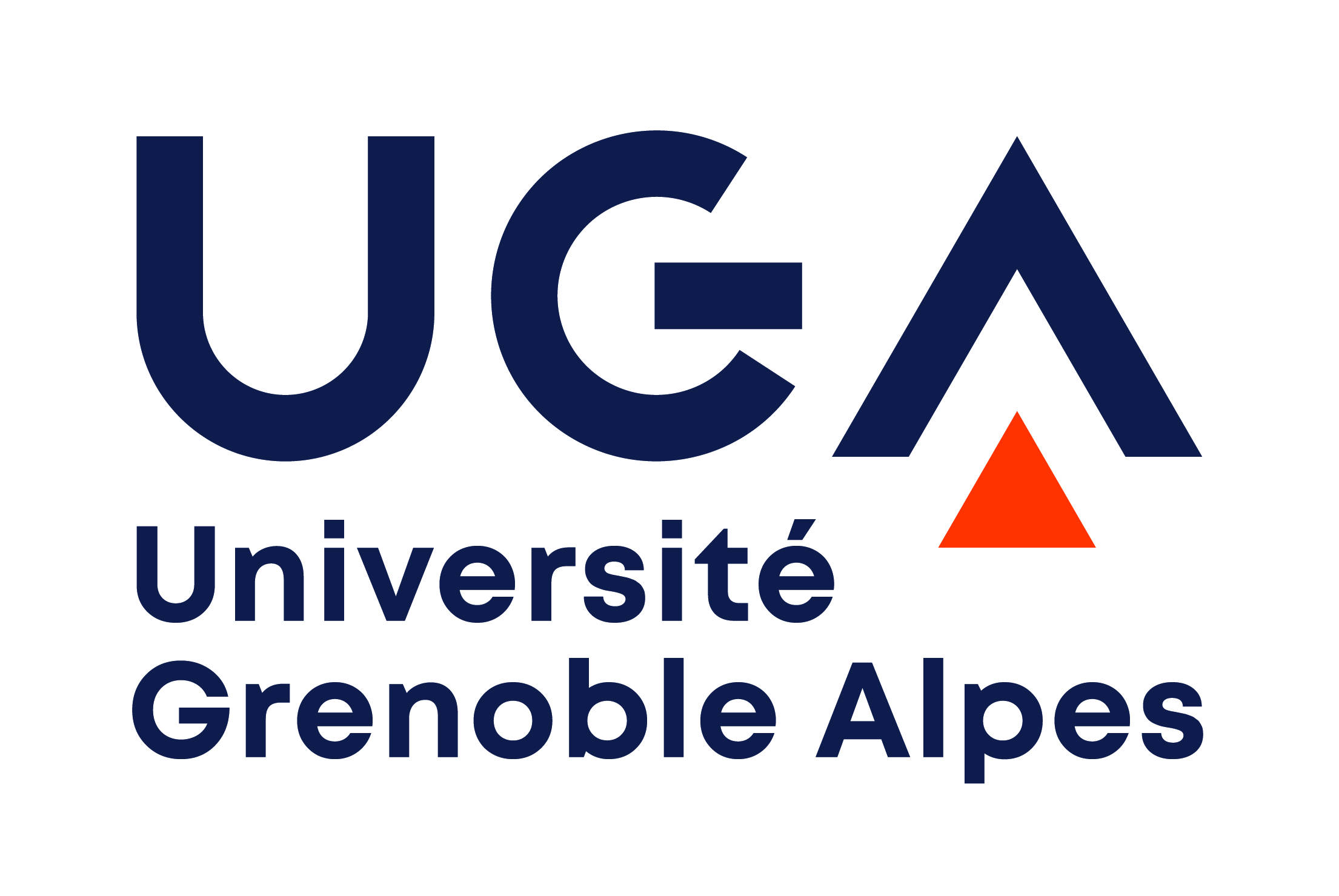
CLC/InnoStars: France
Partner classification: Education, Research, Tech Transfer, Clusters, Other NGOs
The UGA in Grenoble is a leading University of Science Technology and Health. Within 80 multidisciplinary laboratories, the UGA is developing outstanding research at national and international level. The UGA offers a wide range of training courses, from bachelor to doctorate, in close connection with the socio-professional environment to promote the integration of its students.
Université Grenoble Alpes (UGA)
621 Avenue Centrale, 38400 Saint-Martin-d'Hères
Key Activities in Research and Developement
Biomedical engineering, Life science, Social sciences /health economics
Key Activities in Corporate Innovation
Pharma, Med Tech, ICT, Diagnostics, Imaging, Nutricion
Key Activities in Business Creation
Incubation, Technology Transfer, Business coaching
Key Activities in Education
Entrepreneurship training, Technical faculties, Medical faculties, Healthcare professional education/training
